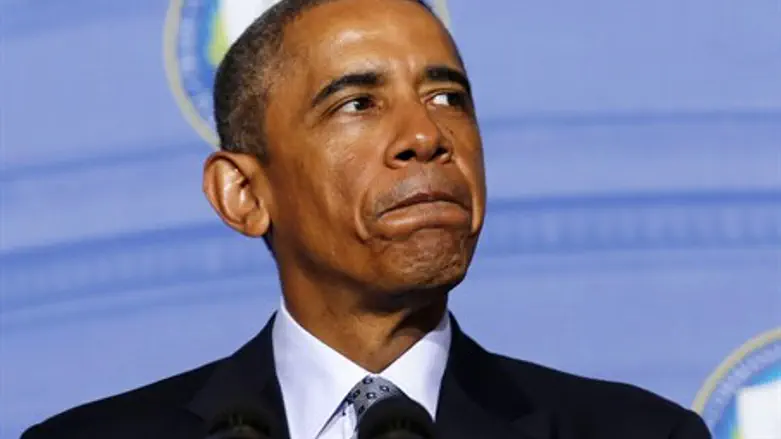
The Federal Communications Commission (FCC) adopted a landmark series of regulation on how Americans will access the internet Thursday, voting for "net neutrality" in a 3-2 sweep - and sparking immediate concerns that the government is directly interfering with internet use.
"Net neutrality" is the term for regulations on internet use that would prevent large providers, such as Comcast and Verizon, from creating "fast lanes" that would raise internet fees per month for certain types of usage.
Without net neutrality, for example, a major provider could promise faster service to a select bundle of sites - e.g. social networking sites or news sites, exclusively - for an extra monthly fee.
Faster service is likelier to be provided to certain websites or networks, Business Insider noted last month; for example, Comcast is affiliated with NBC news.
Consumer advocates have noted that such plans could create class differences in who can access information previously widely available online and hurt small businesses.
On Thursday, net neutrality was mandated by the FCC, quieting concerns over freedom of access.
The ruling has sparked an unexpected wellspring of criticism, however - as the adoption also makes the internet a public utility, such as water and electricity, and thus puts the web under government jurisdiction.
Republican Commissioner Ajit Pai warned Thursday that the policy represents a "monumental shift" to "government control of the Internet," according to Fox News, and accused the FCC of bowing to President Barack Obama in adopting the ruling. Obama has expressed support for a regulatory plan.
Until recently, the FCC supported plans to create internet "fast lanes" - a stance that came under heavy fire in June, after political satirist John Oliver noted in a viral episode of HBO's Last Week's News Tonight that the Commission had hired former cable company lobbyists and alleging that several companies had been involved in the FCC stance on the issue.
Oliver's encouraging his audience to complain on the FCC website sparked an intense backlash, crashing the site within days after 45,000 people wrote on the FCC's complaint board - and gave the cause visibility.
However, on Thursday, Pai said the FCC was reversing course from past positions for one reason: "President Obama told us to do so."
In addition, he argued, internet rates will go up and broadband speed will slow due to the plan, citing similar regulations in Europe. Taxes will be added and rates will be driven even higher, he stated.
Other Republican lawmakers called the decision a "power-grab" and implied that it hampered technological development.